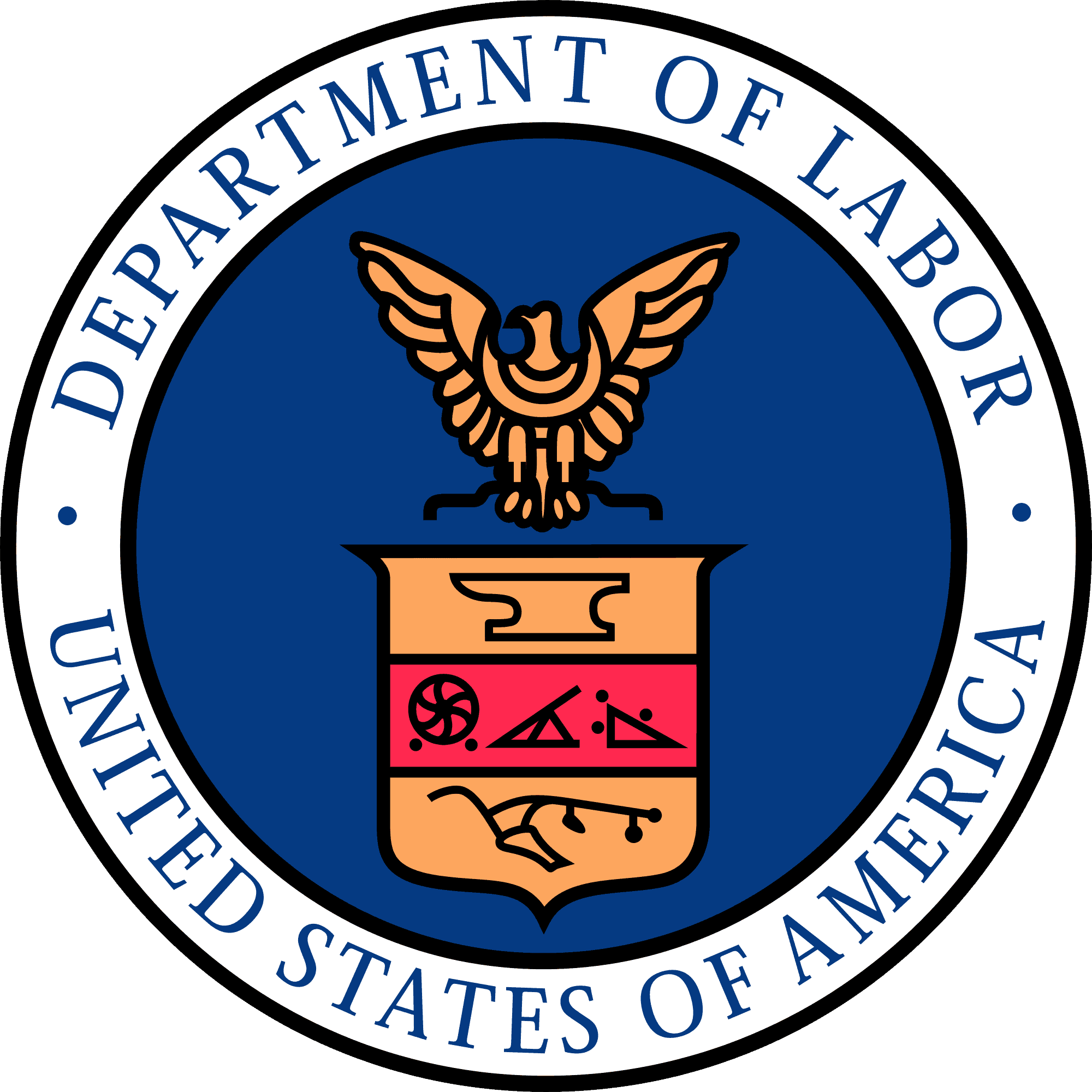Greater Financial Transparency Could Prevent Next Union Scandal

 Earlier this year, the Federal Bureau of Investigation served indictments to several high level United Auto Workers (UAW) officials, some of who have already pleaded guilty or were convicted, for pilfering millions of dollars that were earmarked to train union members. These union officials misused these funds to purchase lavish vacations and meals, pay off the balance of a pool, and golf equipment, among other items.
Earlier this year, the Federal Bureau of Investigation served indictments to several high level United Auto Workers (UAW) officials, some of who have already pleaded guilty or were convicted, for pilfering millions of dollars that were earmarked to train union members. These union officials misused these funds to purchase lavish vacations and meals, pay off the balance of a pool, and golf equipment, among other items.
At sentencing, the U.S. attorney wrote that “there was a culture of corruption in the senior leadership of the United Auto Workers union” and that the leaders of the “UAW viewed the National Training Center as a mechanism to take apparently unlimited and illegal payments from Fiat Chrysler for their own personal benefit, for the benefit of the union itself, and for their own lavish entertainment.”
For years, Fiat Chrysler executives conspired with union officials to divert about $4.5 million from the National Training Center meant for training workers for use by the UAW executives. Chrysler executives used the stolen funds to bribe UAW officials to gain advantages during contract negotiations.
To say the least, this is an egregious betrayal of members by union officials. Labor unions are formed to protect the collective interests of workers and negotiate contracts that dictate work conditions, not to have union officials to enrich themselves with money intended to benefit workers.
Unfortunately, a regulation that was rescinded by the Obama administration could have prevented this theft or, at least, could have helped to detect the corruption earlier. Thankfully, the Department of Labor is seeking to revive the rule.
On May 30, 2019, the department issued a notice of proposed rulemaking on “Labor Organization Annual Financial Reports for Trusts in Which a Labor Organization Is Interested, Form T–1.” In summary, the rule requires labor unions to disclose how they spend funds in trusts that are created for the benefit of members, such as training funds, strike funds, and apprenticeship program budgets.
Today, the Competitive Enterprise Institute submitted comments in support of the rulemaking. This is an important policy that advances the intent of Congress, which passed the Labor-Management Reporting and Disclosure Act of 1959 (LMRDA) with broad bipartisan support to address widespread union corruption. The LMRDA imposed financial reporting requirements on labor unions and established a bill of rights for union members. Congress imposed these requirements because it believed it would discourage self-dealing by union officials, enable union members to hold union leadership accountable, and promote union democracy.
Issuing such a rule is uncontroversial and clearly within the authority of the department. The plain text of the LMRDA delegated authority to the Secretary of Labor to issue rules and regulations that prescribe reporting obligations “concerning trusts in which a labor organization is interested.”
Besides the potential of this rule to unearth union corruption or prevent it from happening in the first place, union members have a right to know how union officials spend funds meant for workers. As Congress recognized in the drafting of the LMRDA:
The members of a labor organization are the real owners of the money and property of such organizations and are entitled to a full accounting of all transactions involving such money and property.
Requiring labor unions to disclose how they spend funds in trusts helps contribute to an informed membership. This is important because the LMRDA grants basic democratic rights to union members—the right to nominate candidates for union offices, vote to remove officers, and participate in setting dues, among other rights.
However, these rights cannot be fully exercised without an informed membership that is provided with timely information on how union officials spend dues and disburse funds under their control. The failure to require labor organizations to financially disclose how funds from union-controlled trusts are spent undermines the democratic standards established by the LMRDA. It is pretty hard for an individual member to know when it is time to vote out leadership if they are kept in the dark on how union officials spend dues payments.
Ultimately, government grants many privileges to labor unions, but those privileges come with responsibilities. A key responsibility is to ensure the proper use of funds under union control. Reporting requirements in Form T-1 can help deter union officials from embezzling or misusing union-controlled funds meant to benefit union membership.